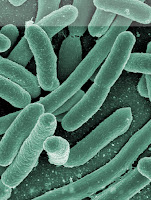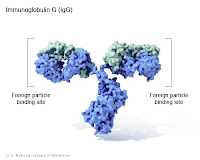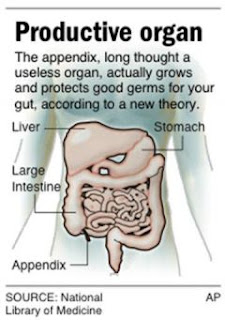 Probiotics may be beneficial for more than just digestion, a new study shows. The good bacteria that make up probiotic drinks and supplements may actually change the immune system’s response to grass pollen–the cause of hay fever. And even better it may help balance antibodies reducing allergies in general.
Probiotics may be beneficial for more than just digestion, a new study shows. The good bacteria that make up probiotic drinks and supplements may actually change the immune system’s response to grass pollen–the cause of hay fever. And even better it may help balance antibodies reducing allergies in general.
Oh, blessed be the Lord, I say! If these findings are correct, then those of us who suffer from seasonal allergies (which in L.A. means year round) can breath a sigh a relief. One in five Americans suffers from some sort of allergy. That’s fifty million sniffling, snorkling, and stuffed-up people suffering on a daily basis. The allergy remedy industry is booming, as people try to find relief from this maddening malady.
Enter probiotics. Probiotics are supplements containing various  strains of beneficial bacteria–bacteria that reside naturally in our gut; symbiotic squatters, if you will. Everyone has heard of acidophilus. The probiotic strain used in the study, however, was Lactobacillus casei. Volunteers were given a milk drink–some with the bacteria and some without–which they imbibed daily for five months. Researchers took blood samples before the grass pollen season, at its peak, and after the end of the season. They found that people who had been drinking the probiotic drink had lower levels of an antibody that help produce allergy symptoms. And the people receiving the probiotic drink had higher levels of the antibody IgG, which protects against allergy symptoms.
strains of beneficial bacteria–bacteria that reside naturally in our gut; symbiotic squatters, if you will. Everyone has heard of acidophilus. The probiotic strain used in the study, however, was Lactobacillus casei. Volunteers were given a milk drink–some with the bacteria and some without–which they imbibed daily for five months. Researchers took blood samples before the grass pollen season, at its peak, and after the end of the season. They found that people who had been drinking the probiotic drink had lower levels of an antibody that help produce allergy symptoms. And the people receiving the probiotic drink had higher levels of the antibody IgG, which protects against allergy symptoms.
I’ve been taking probiotics regularly myself for a couple of weeks now and I feel amazing. I started my regimen for digestive purposes and they have definitely delivered. Can’t recommend probiotics enough. Our modern lifestyles leave us susceptible to diminished gut bacterial colonies and we need to replenish regularly. Probiotics are it. Yes, you can eat yogurt, and you can certainly drink kefir, but for my money I want the biggest bang, and that comes from supplementing with probiotics. This is the brand I like and carry in my office. Great company, great product. And now great news for allergy sufferers. You heard it here first: supplement with probiotics for optimal digestive, immune and respiratory health.













